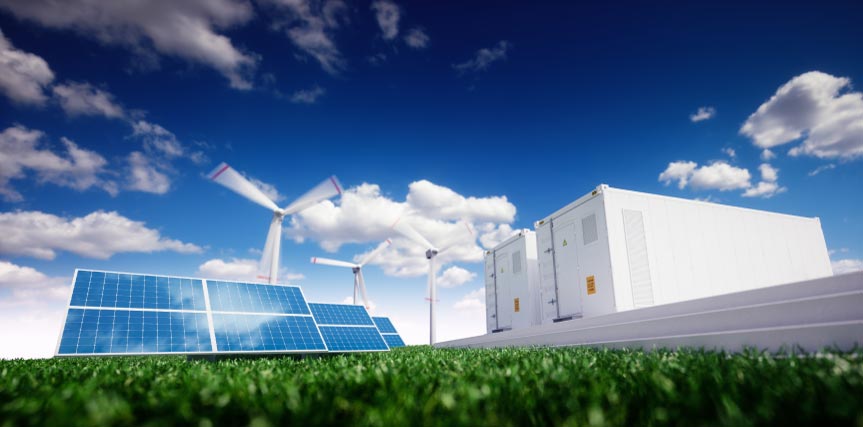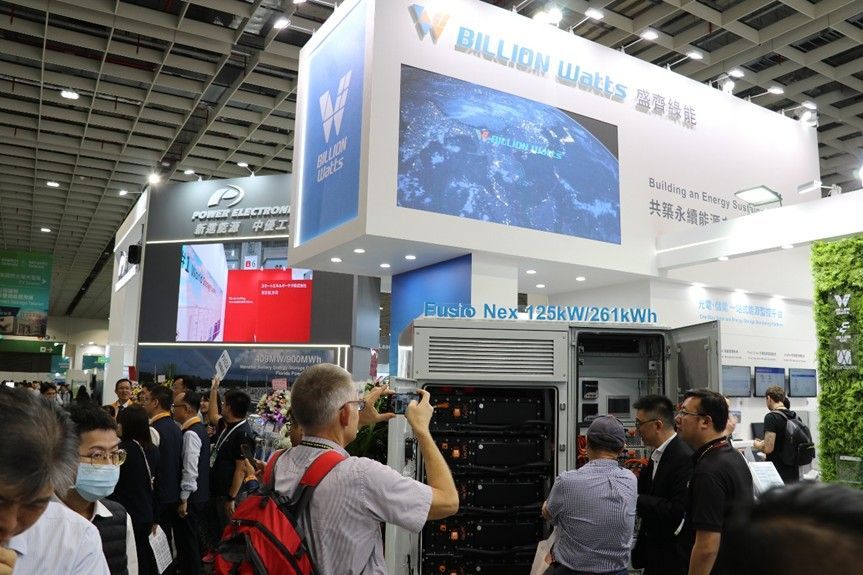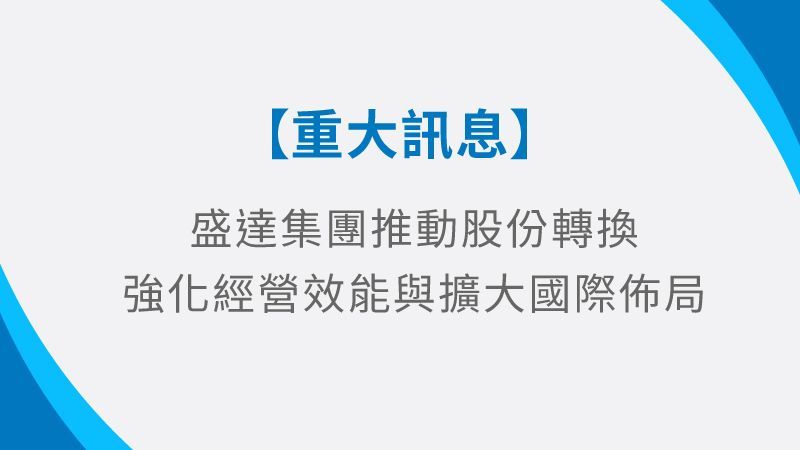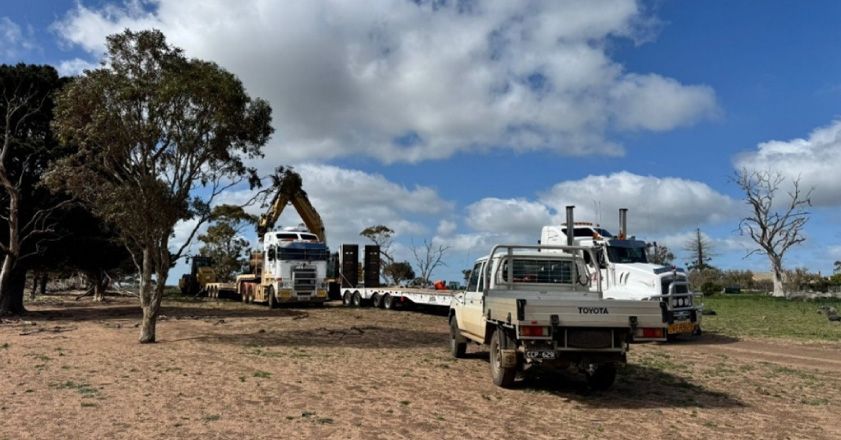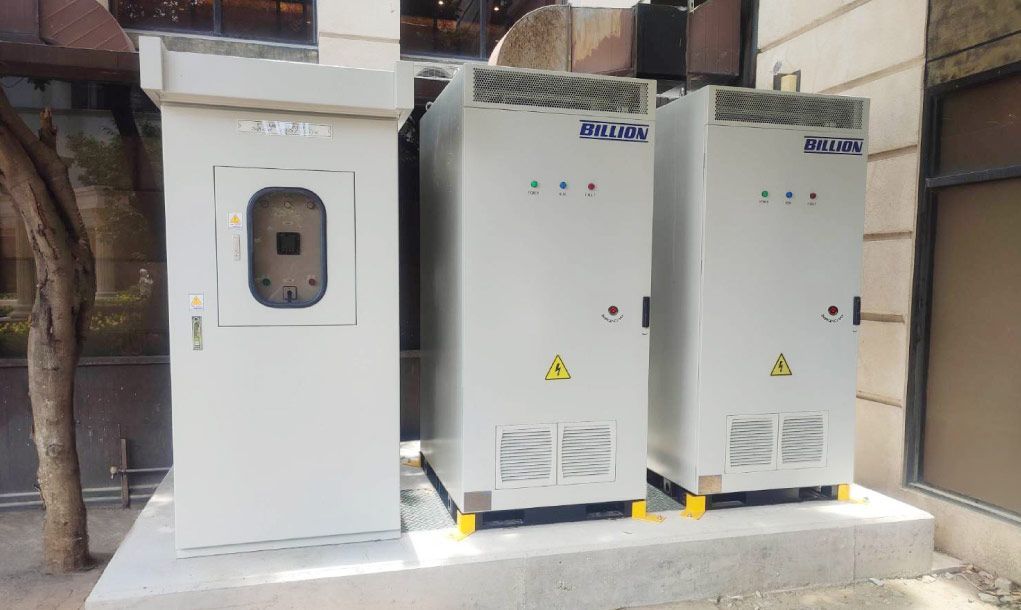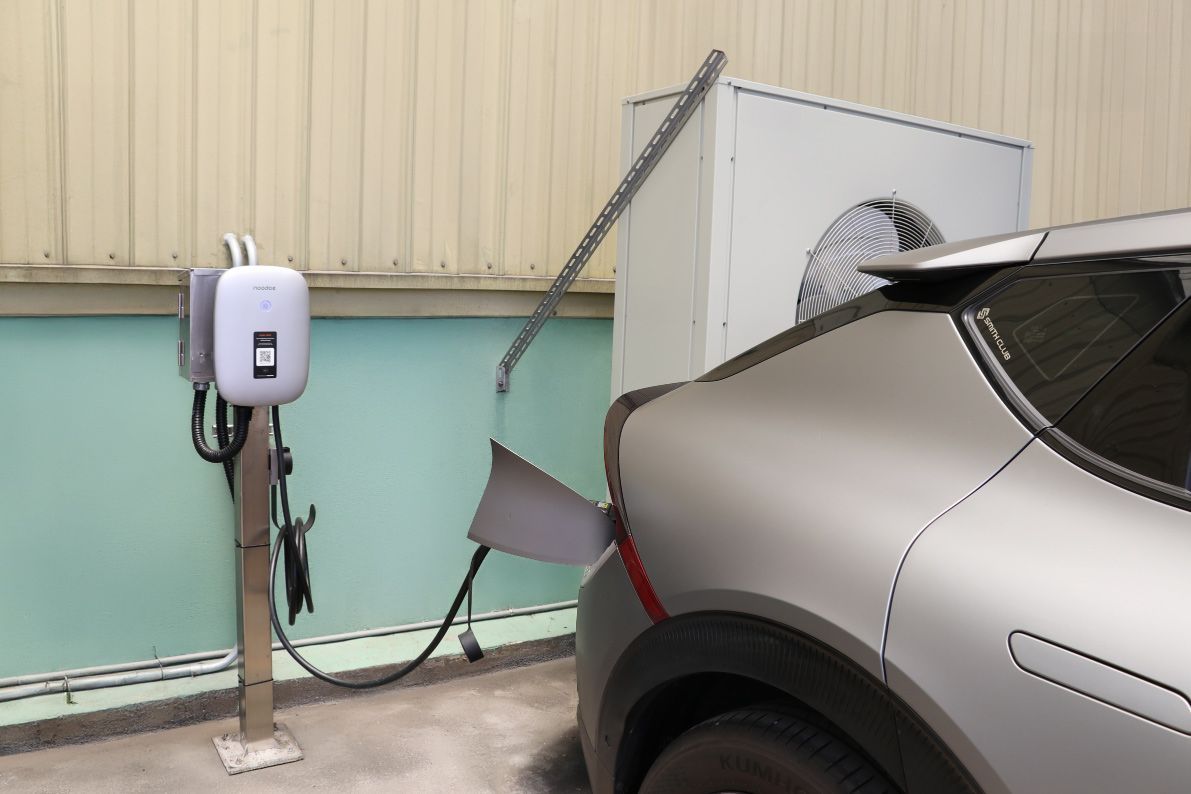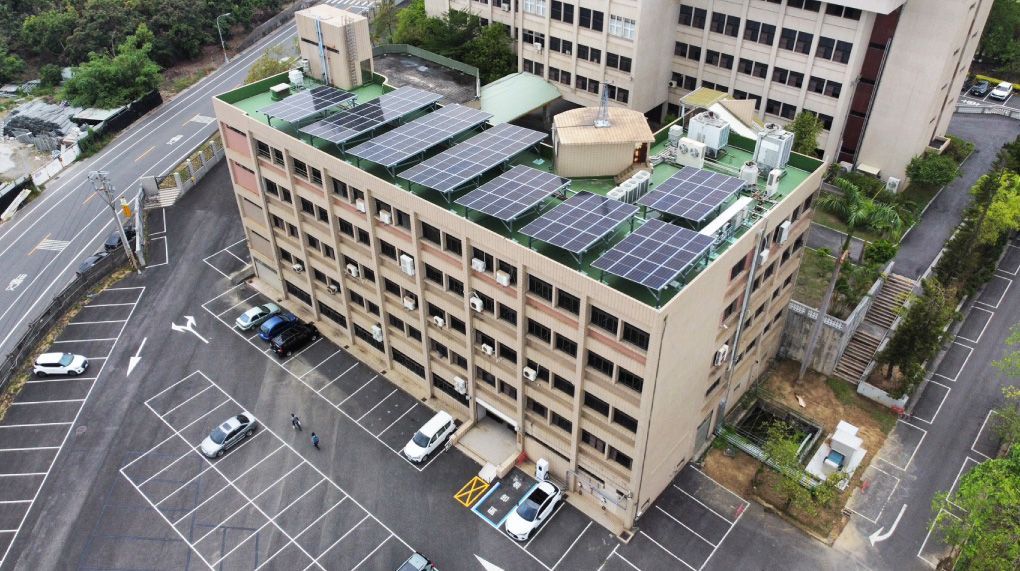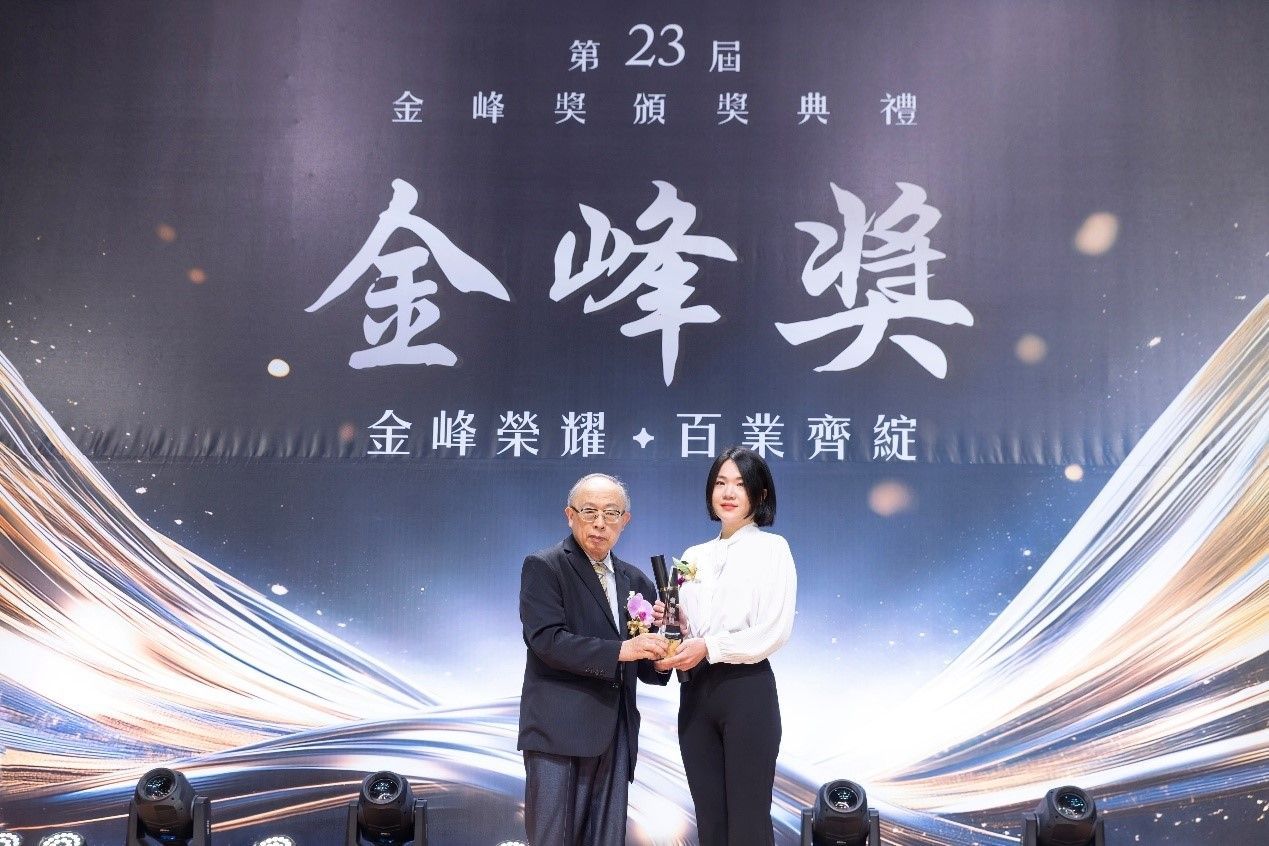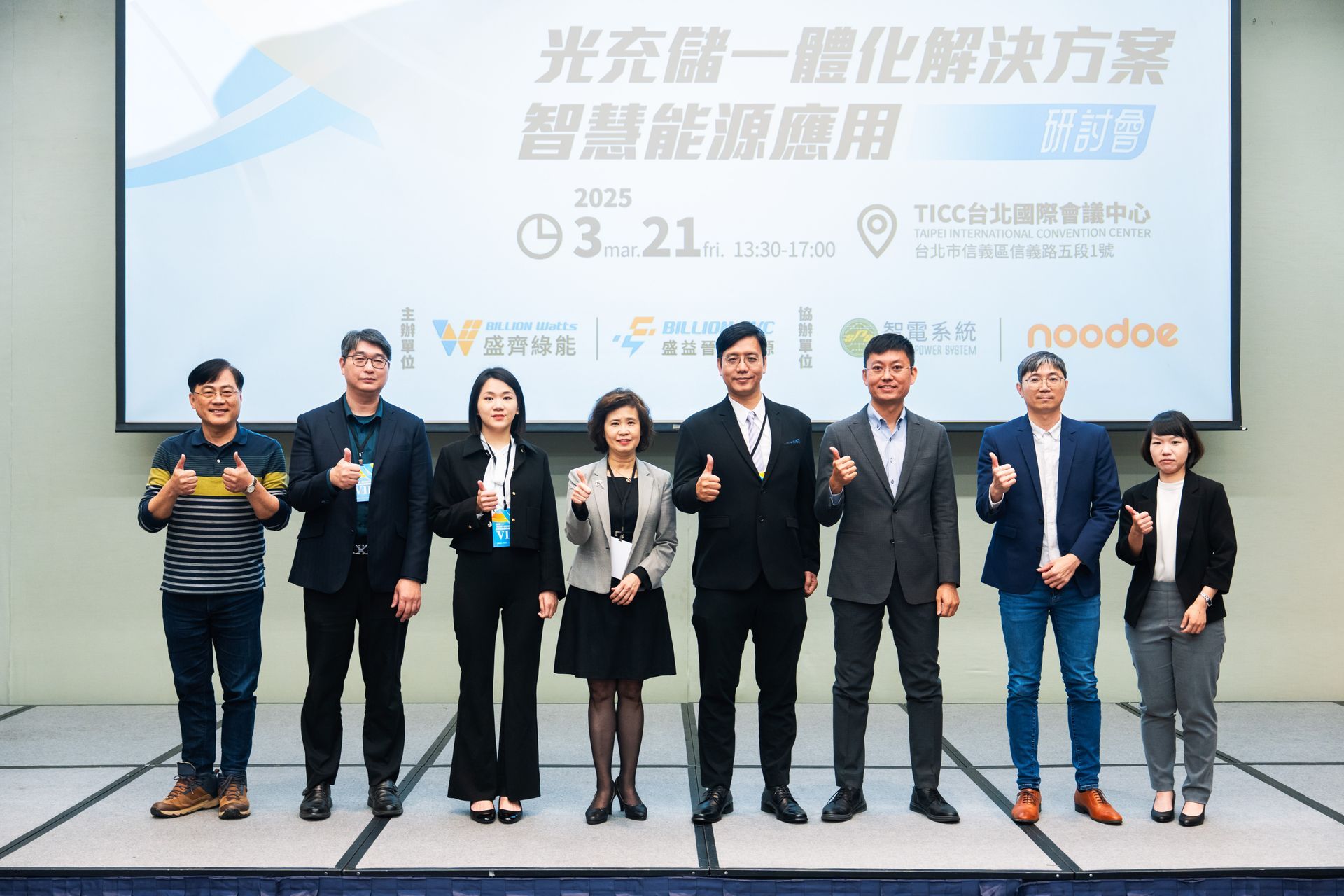Qualified Private Sector Partners Collaborate to Accelerate Investors' Entry into the Energy Storage and Power Trading Market
2022 Apr 7
AFC Power Trading Platform Marks the Beginning of Taiwan's Major Energy Transition Journey of 'Storing Energy with the Public'
Taiwan’s leading high-tech manufacturers continue to expand their operations. With the continued suspension of the Fourth Nuclear Power Plant’s restart, the obstacles to algae reef power generation, and Taiwan Power Company’s efforts to align with the global trend towards net-zero carbon emissions and ESG goals, there will be a reduction in the expansion of oil and coal power generation units. This may lead to a potential power shortage in Taiwan, making it increasingly reliant on renewable energy sources in the future. However, renewable energy has intermittent characteristics, which could affect the balance of supply and demand in the power system and the operation of the grid, creating a challenge that needs to be addressed.
To ensure the stability of the nation’s electricity demand, Taiwan Power Company (Taipower) must continuously maintain a dynamic balance between power generation, consumption, and grid frequency. In response to the government's goal of increasing the share of renewable energy by 2025, which will cause fluctuations in electricity consumption, Taipower is moving away from traditional power plant expansion and procurement strategies. Instead, it has begun collaborating with private enterprises to establish an Auxiliary Frequency Control (AFC) system. This initiative saw the launch of the power trading platform in November 2021, marking the beginning of Taiwan’s significant energy transformation journey, focused on the concept of "storing electricity with the people."
Energy storage is akin to a reservoir, storing electricity during times of surplus generation and releasing it when generation is strained. The Auxiliary Frequency Control (AFC) plays a crucial role in frequency regulation, allowing companies participating in AFC frequency support services to earn substantial revenue from Taiwan Power Company (Taipower). For example, a company that wins the bid to supply grid-connected energy storage equipment, such as a 1MW AFC energy storage unit participating in dynamic frequency regulation with a dReg 0.25 specification, and consistently maintains a service standard of 1 (average hourly execution efficiency ≧95%), could expect monthly revenue between NT$612,000 and NT$684,000. This is similar to achieving a return on investment after 4 to 5 years of cost recovery, presenting a significant business opportunity in the energy sector.
However, looking at the development of AFC (Alternative Fuel Cells) revenue from scratch, the process involves key aspects such as land development, project construction, and system integration. Currently, very few service providers have the ability to manage these resources in an integrated manner. For companies with capital and an interest in competing for AFC business opportunities, the critical question is how they can leverage available resources, overcome technological gaps, and integrate equipment interfaces to successfully secure a "shared electricity economy" entry ticket. This remains a highly significant issue for investors.
High-Power Batteries as the Foundation for Securing dReg Frequency Regulation Reserve Service Opportunities
What is frequency regulation? When electricity load becomes too high, when Taiwan Power Company's power plants undergo annual maintenance, or when renewable energy supply is insufficient, the voltage and frequency of the power supply system may drop. At this point, Taiwan Power Company can activate frequency regulation reserve services, triggering energy storage cabinets distributed across various locations to supply power. If this does not resolve the power imbalance, immediate reserve and supplemental reserve resources will be sequentially activated until the power supply stabilizes.
The most economically valuable frequency regulation reserve services are dynamic dReg and static sReg, which are two frequency regulation reserve technical specifications. The former, dReg, is relatively complex but offers higher returns, making it the focus of most industry participants. In the case of dReg 0.5 and dReg 0.25, when the frequency is at +0.5 or +0.25, 100% charging is required, and when it is at -0.5 or -0.25, 100% discharging is required. Taiwan Power Company evaluates the service indicators of participating entities based on the average hourly execution rate (SBSPM). For example, if the SBSPM reaches 95% or higher, the service indicator is 1, and the participant will receive 100% of the revenue for that hour. If the SBSPM is between 85% and 95%, the service indicator is 0.85, and the participant will receive 85% of the revenue, and so on.
For maximum profits from the dReg 0.25 operation specification, it is crucial to achieve an SBSPM exceeding 95%. To reach this goal, several conditions must be met. From an equipment perspective, the most critical factor is the battery. Since dReg requires high-power instantaneous discharge (rapid discharge within 15 minutes), lithium ternary batteries, with their highest energy density, are the optimal solution. When considering high heat dissipation and fire resistance, lithium-ion batteries with "perforated" designs that do not contain heavy metal coatings offer an advantage over "cylindrical" or "prismatic" lithium-ion batteries.
In the fast-evolving energy storage market, it is crucial for companies to select internationally trusted brands when dealing with dReg 0.25, which requires symmetric charge and discharge operations every second, leading to significant wear on batteries. One such trusted supplier is Kokam, a subsidiary of SolarEdge Technologies, which specializes in industrial-grade NMC batteries and has recently expanded its portfolio to include containerized battery systems. Billion Watts, a subsidiary of Billion Group, is a key proponent of Kokam's containerized battery systems, citing their exceptional safety design, proven reliability, and robust engineering integration.
Kokam's MW-level lithium-ion battery systems have been globally deployed for over a decade, with installations in 84 countries and no fire incidents reported. The systems' flexible design allows them to adapt to various grid connection conditions, optimizing system performance. Kokam’s commitment to selecting local partners in each country further strengthens its reputation for ensuring safe and reliable installations.
Billion Watts leverages its local installation experience and system integration expertise to collaborate with Kokam. The combination of Kokam’s advanced technology and Billion Watts’ deep understanding of electrical design and risk assessment makes for a powerful partnership. Kokam’s battery storage systems boast an impressive round-trip efficiency of over 80%, with losses under 20%, and a long lifespan of 10-15 years, capable of withstanding 6,000 to 8,000 charge-discharge cycles.
With these advantages, Billion Watts believes that Kokam’s batteries are the best choice for AFC frequency regulation and standby power solutions, surpassing industry standards and offering superior performance and reliability.
Billion Watts Demonstrates Grid Stability During Power Outage with Energy Storage Solution
Billion Watts, a subsidiary of Billion Electric, successfully passed Taiwan Power Company's AFC frequency regulation auxiliary service communication and capability testing for its energy storage system at the Yilan site. After the system was connected to the grid, it began supplying power and officially activated its high-power safety charge and discharge auxiliary service at the MW level.
This year, during the major power outage caused by a switchyard incident at the Kaohsiung Hsingta Power Plant, Billion Watts observed through its proprietary EMS (Energy Management System) curve that the Yilan energy storage site responded within 0.2 seconds. Within one second, the system achieved full power output, stabilizing the grid frequency. The system was able to actively adjust its charge and discharge actions to regulate the power system frequency, helping to maintain grid stability during fluctuations caused by load changes. This response is highly suitable as a solution to stabilize systems with a high proportion of renewable energy sources.
Billion Electric Group (Billion Group) Enhances Customer Experience with Comprehensive One-Stop Services
Billion Electric Group emphasizes the importance of key components in energy storage systems, including batteries, power conversion systems (PCS), and energy management systems (EMS). Billion Watts, a subsidiary of the group, highlights that it is the fifth domestic company to pass the Taiwan Power Electric Trading Platform’s qualification, and one of only three firms with grid-connected energy storage supply capabilities among the nine qualified firms as of February 2022. In addition to operating its own projects, Billion Watts also assists external investors in building energy storage projects, offering complete services such as AFC bidding, operations, and management.
Regarding PCS selection, the company provides flexible solutions to meet customer needs, enabling the configuration of various brands of equipment. The EMS, co-developed with National Taiwan University of Science and Technology, is primarily deployed in the upper layer of energy storage communication architecture—namely, the monitoring layer (with additional lower layers including s-BMS sensor and m-BMS equipment layers). The design includes redundancy for components like the switch, EMS host, and Grid Controller (GC) to ensure uninterrupted system stability. With a strong engineering and R&D team, Billion Watts assures customers of reliable operational performance and financial security in their energy storage investments.
Moreover, Billion Watts is one of the few providers capable of offering integrated services, ranging from site land development, design evaluation (including cash flow modeling, equipment matching, financing options, insurance plans, etc.), to the complete construction of power interconnection panels, step-up equipment, converters, and energy storage containers. In addition, Billion Watts can assist clients in completing the Taiwan Power Company's (Taipower) interconnection approval process, establishing power plant network connectivity, executing EMS control, passing Taipower testing, as well as managing AFC bidding and operations. This ensures that clients, who may be unfamiliar with energy storage, land development, and operations, can achieve sustainable AFC revenue with ongoing support from the Billion Watts team."
Billion Group, consisting of subsidiaries such as Billion Electric, Billion Watts, Billion EVC, VGwatt, Noon Spare Energy Technology, and Taiwan Union Technology Corporation (TUC), is proud to announce that a total of 12 employees have successfully obtained power trader licenses. This certification enables the company to focus on analyzing Taiwan's overall electricity consumption, adjusting bidding strategies according to various conditions such as surplus, tight supply, and power restrictions.
The company has proactively invested in energy storage development, with efforts spanning land acquisition, project construction, energy storage container assembly and testing, electromechanical system integration, and EMS (Energy Management System) implementation. In addition, Billion Group has successfully carried out AFC (Automated Frequency Control) bidding operations.
To date, the group has established a cumulative total of 10 MW of self-owned energy storage projects across Taiwan, with external customer projects recently surpassing a total capacity of 80 MW. These projects are strategically located in various regions, including Yilan, Taichung, Changhua, Chiayi, Yunlin, Tainan, and Taitung, ensuring efficient, rapid maintenance services and a well-distributed operational network. With a team of over 20 professional engineers, and ongoing recruitment efforts, Billion Group is capable of addressing equipment issues within 48 to 72 hours at project sites, continuously driving the AFC installation volume to new heights across Taiwan.


